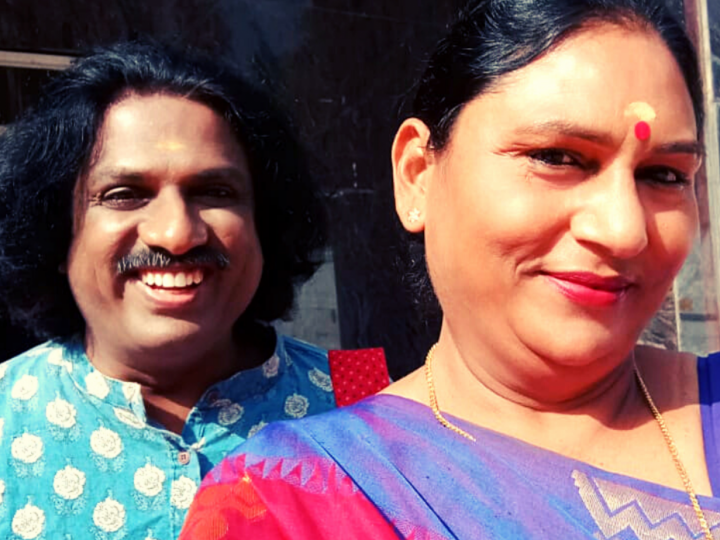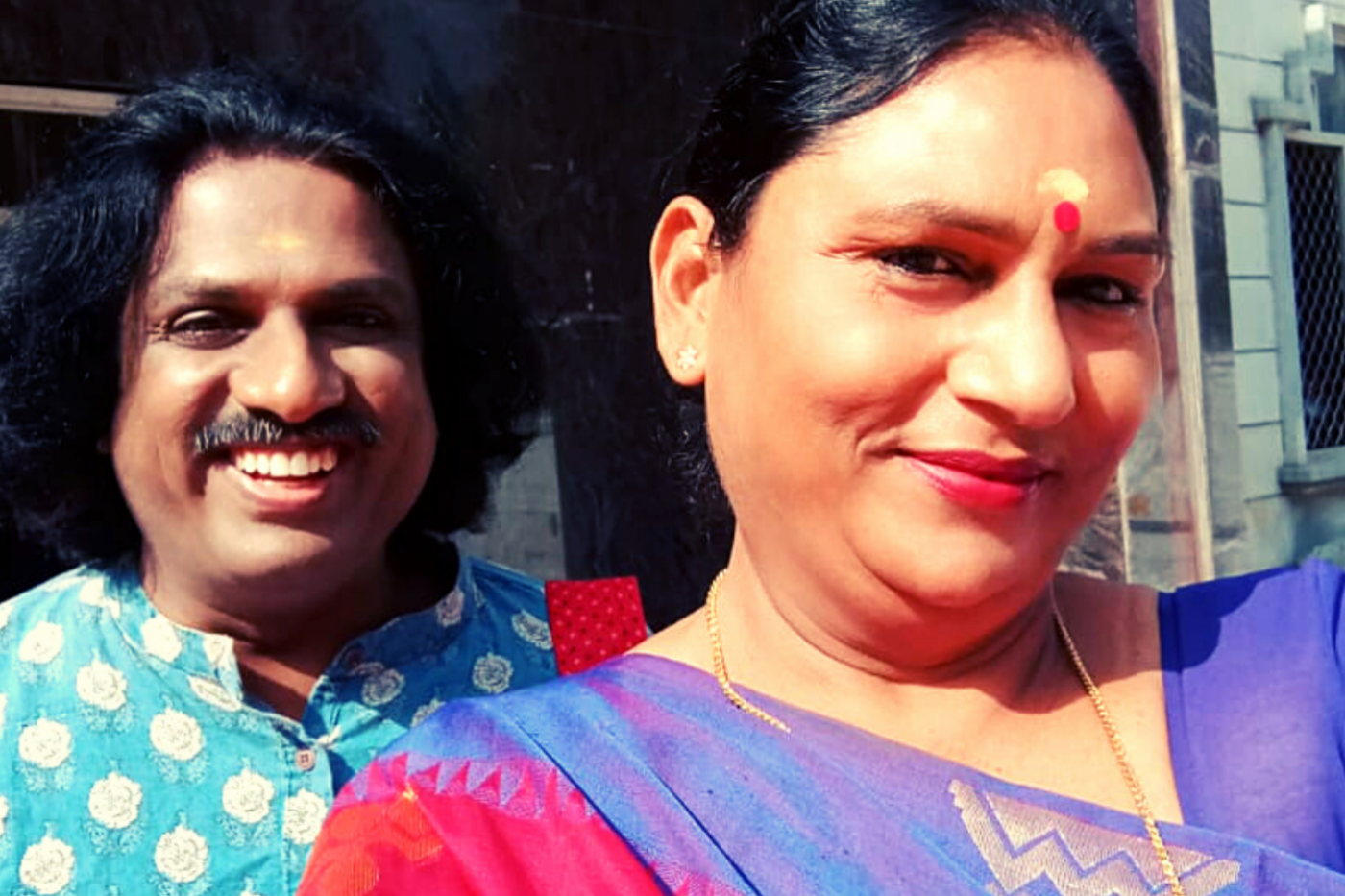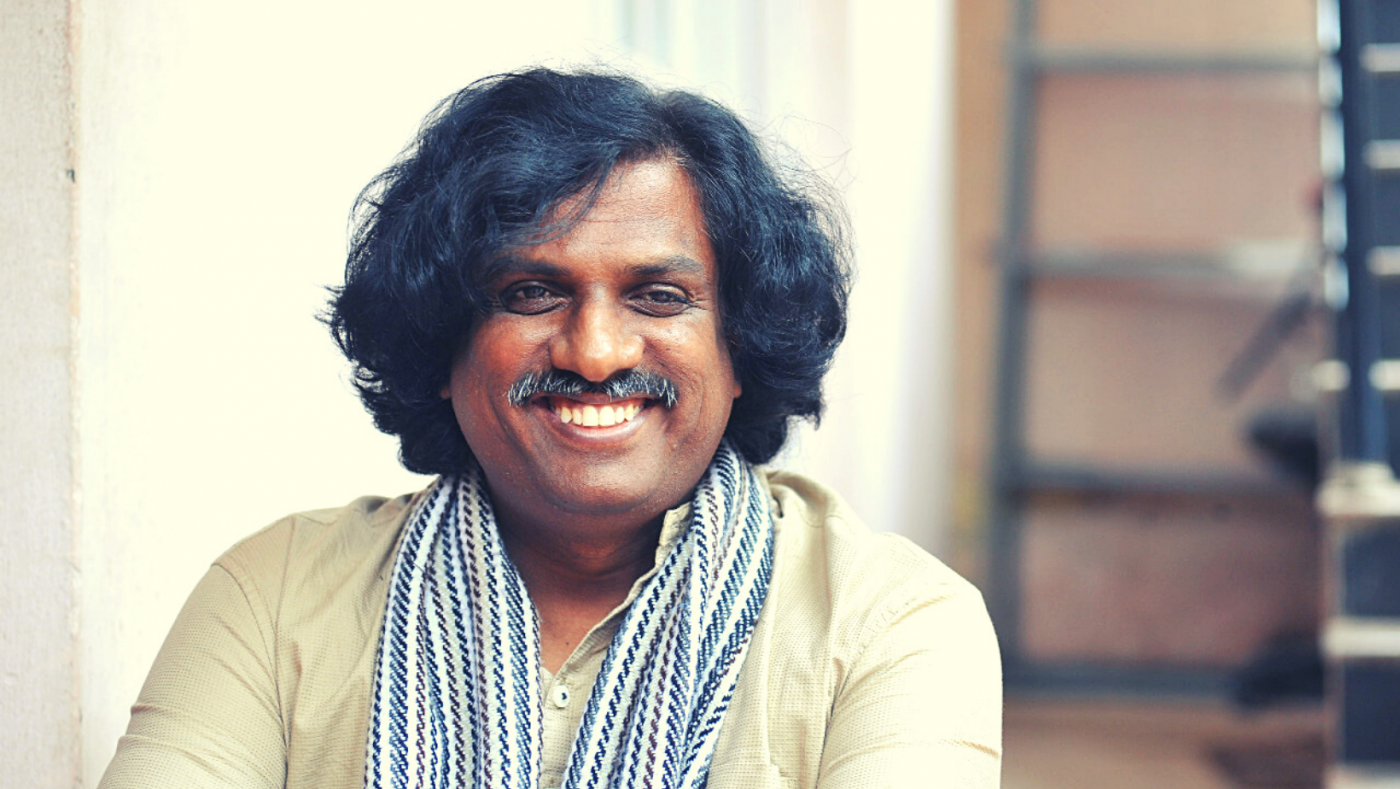The Praxis Jeeva project is based in Karnataka, south India, and works to ensure that the voices and concerns of sexual minorities become a part of the public discourse. The Praxis Jeeva project strives to build a society where all people can live in peace and express themselves freely irrespective of their gender identity or sexual orientation.
The journey to fulfill the rights of LGBTIQ people in India has been a combination of legal battles, policy changes, and personal and collective journeys of assertion and solidarity. Challenges triggered by COVID-19 have meant a high level of reaching out to and listening to LGBTIQ communities. The pandemic has had several repercussions, leading to severe social and economic distress. The communities' struggle for a caring, legitimate, safe space in the society continues, and this year’s Pride Month is more important than ever.
Working to restore pride
The Praxis Jeeva project has been working with community-based organisations located in 20 districts in India. As most transgender people in India earn their livelihood in the informal sector and have no source of income, many have been heavily dependent on relief support during COVID-19. Many transgender people moved away from the cities, and some tried getting back to their families. Community-based organisations were thus more active in providing support from a district level. Information was disseminated in online group meetings regarding helplines, COVID-19 symptoms, vaccinations, relief donations, and exposure of myths about COVID-19.
The media also helped to highlight the lack of government schemes and relief packages specifically for transgender people during this time. Mainstream print media published two exclusive articles covering issues of transgender people during the last few months. This helped to connect the Praxis Jeeva project to a wider range of audiences in supporting relief.
"The communities' struggle for a caring, legitimate, safe space in the society continues, and this year’s Pride Month is more important than ever."
What pride means now
The symbolic pride march has always been a highlight of the year for the Praxis Jeeva project. The joy of coming together to celebrate diversity in public spaces is an important part of being seen and recognised in the society, but this year staying relevant has been the focus. Mental and physical health, as well as livelihood, became the hot topics for discussions in online meetings.
While COVID-19 restrictions do not allow for the usual kind of coming together, it has created a situation that has forced us to reach out and stay strong in ways we never imagined. So, while doing relief work, listening to people, and amplifying voices are very much part of the agenda, self-sustenance, conversations, online theatre, and poetry sessions have become a part of our lives as well. We are learning and adapting to survive, and surviving to adapt as life goes on.
On June 7, 2021, the Madras High Court issued guidelines for creating a safe environment for LGBTIQ people and to ensure that they are not harassed by the police during the investigations into missing complaints filed by their parents. The High Court bench of Justice, Anand Venkatesh, had conversations with members of the LGBTIQ community to better understand their issues and to deliver an informed judgment. Following this interaction, the Justice went on to say that "Ignorance is no justification for normalising any form of discrimination".
"Ignorance is no justification for normalising any form of discrimination" The High Court bench of Justice Anand Venkatesh
------------------------------------------------------------------------------------------
While Uma, the initiator and leader of the Praxis Jeeva project, continues to engage in multiple ways to provide relief and build resilience, one way she articulates her feelings and builds her own resilience is through poetry. Below is a translation of two short poems written by Uma this month, translated to English by Anita Cheria. The poems were originally written in the Kannada language.



